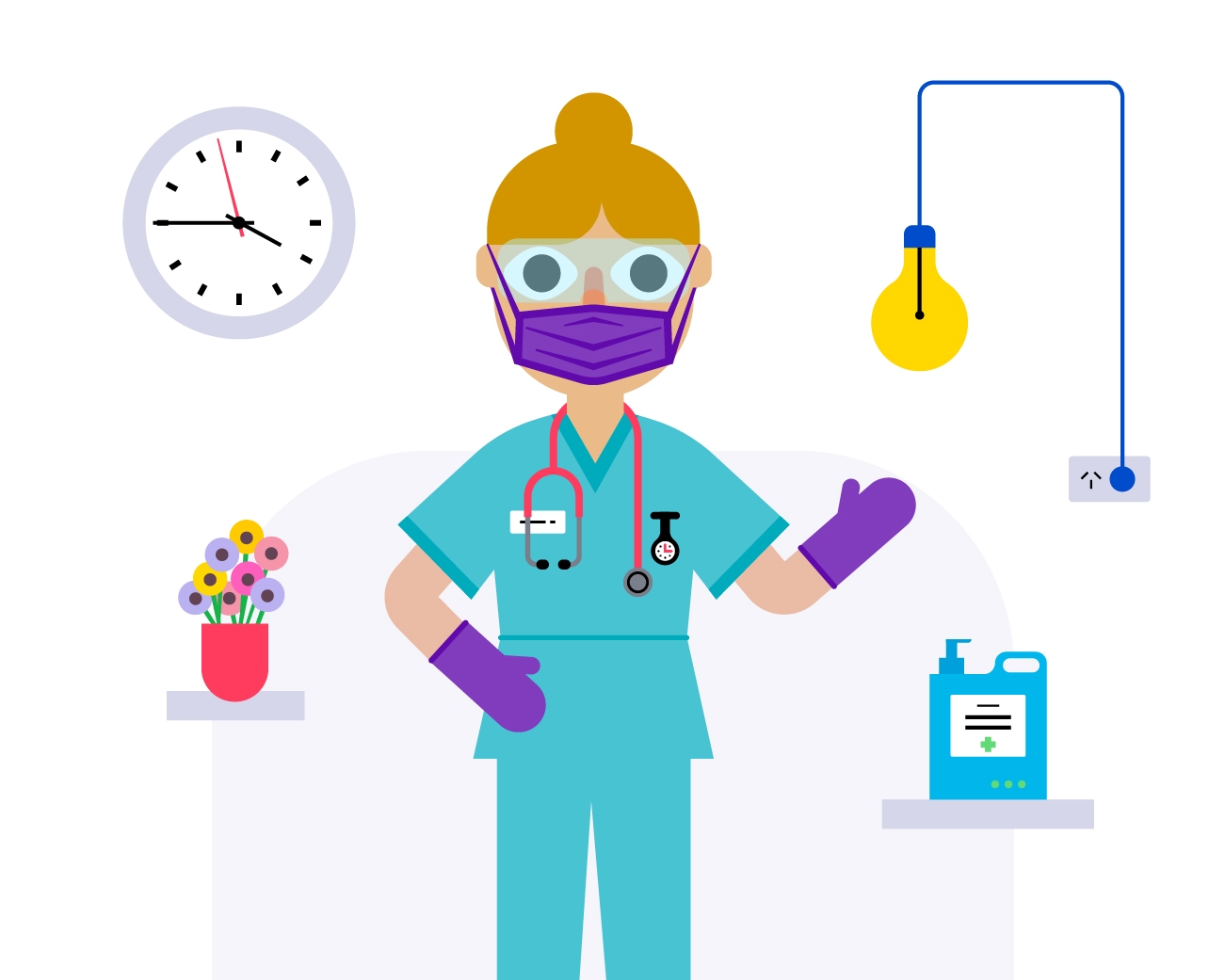Prioritizing Safety: The Crucial Role of Infection Control in Healthcare
In today’s world, where health and safety have become paramount concerns, the importance of infection control in healthcare cannot be overstated. Healthcare facilities must prioritize infection control due to antibiotic-resistant bacteria and the threat of infectious diseases. In this blog post, we will delve into the crucial role that infection control plays in health care settings. And, why it should be a top priority for all health care providers.

Preventing the Spread of Infections in Healthcare:
One of the primary goals of infection control in health care is to prevent the spread of infections within healthcare settings. This includes hospitals, clinics, nursing homes, and other facilities where vulnerable individuals may be at risk. Implementing strict hand hygiene, cleaning procedures, and PPE use can reduce infection transmission between patients.
Protecting Patients and Staff:
Infection control measures protect patients from acquiring infections during their stay in a health care facility. Additionally, it also safeguard healthcare workers from exposure to potentially harmful pathogens. By following proper infection control practices, health care providers can create a safe environment for both patients and staff members. Furthermore, it also reduces the risk of hospital-acquired infections and occupational hazards.
Compliance with Healthcare Regulations:
Healthcare facilities are required to adhere to strict regulations set forth by governing bodies. Some of them are the Centers for Disease Control and Prevention (CDC) and the World Health Organization (WHO). These regulations outline specific guidelines for infection prevention and control practices that must be followed. This ensures patient safety and quality care delivery. Failure to comply with these regulations can result in serious consequences for health care providers, including fines, legal action, and damage to their reputation.
Minimising Healthcare Costs:
In addition to protecting patients and staff members from infections, effective infection control practices can also help minimise health care costs associated with treating preventable infections. Reducing the incidence of hospital-acquired infections through proper hygiene protocols, healthcare facilities can save on expenses. They are related to extended hospital stays, additional treatments, and lost productivity due to illness among staff members.
Promoting Public Health:
Lastly, prioritizing infection control in healthcare is essential for promoting public health on a larger scale. By preventing the spread of infectious diseases within health care settings, we can help limit outbreaks in communities. Furthermore, it also reduces the overall burden on our healthcare system. Infection control plays a vital role in protecting public health by stopping transmission chains before they have a chance to escalate into widespread epidemics or pandemics.
Conclusion:
In conclusion, infection control is a critical component of providing safe and effective care in any healthcare setting. Implementing rigorous protocols for preventing infections and complying with regulations, healthcare providers can create an environment that prioritises safety above all else .It is essential that all stakeholders within the industry work together to uphold high standards of infection prevention practices. They should also ensure that every individual who seeks medical care receives it in a safe ,clean, and sterile environment. Together, we can make a difference by prioritising safety through effective infection control measures .



